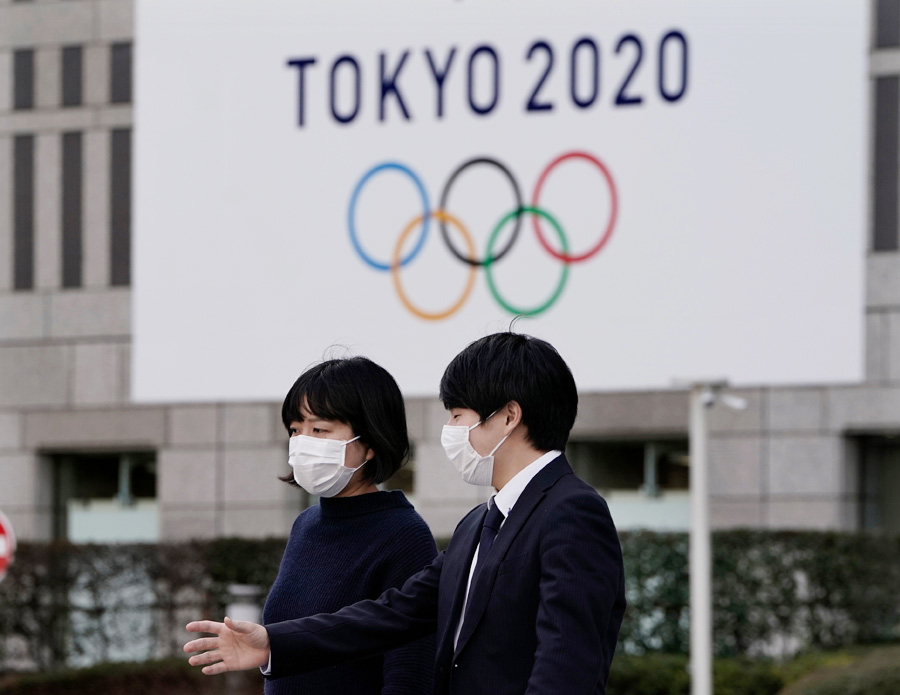By Carlena Knight
Our culture prohibits us from asking for help. These were the words of Sports psychologist, Launee Richards, when asked about why is it the local society moves away from speaking about their mental health.
“I think the idea for asking for help is not something that we are accustomed to culturally. We are accustomed to asking for financial help and people find it quite easy to do so if we end up in a jam, but if we say ‘ok well it doesn’t have to be that I am not feeling well, but I need some assistance working through this issue in my life’ it seems to be perceived as, well, you don’t have it all together and that sort of thing, but we go to the doctor when we don’t feel well, if we need financial assistance we ask someone for help, and it is the same thing we can do with mental assistance.
“That mental aspect can lead to other aspects of our lives, it manifests in different ways [like] our interaction with persons and some of the decisions that we make, and so because it’s not something that we are accustomed to culturally, it makes it quite difficult for persons to see asking for mental help as not being weak.”
She revealed that in the sporting arena, the importance of sports psychology is only now breaking through, but still has a long way to go.
“Even in sports, it has fairly only recently become common. We can see in the EPL [English Premier League] and other sporting competitions and leagues that they have sports psychologists on staff, but everybody doesn’t have [one], and it becomes quite difficult for persons to sort of, in their minds, think that sports psychology is important. How do you think it’s important if it’s not something you see every day, and it’s not something that’s a part of the club or even the organisation that you’re a part of? People tend to think now that it’s only for certain people and not them,” she said.
Richards further mentioned that male athletes, because of the culture here in Antigua and Barbuda, it is frowned upon. This is a stereotype which she says needs to be broken.
“This might be a little bit of a stereotype, but I do believe that women are more accustomed, or it is more acceptable, or it is perceived as being more acceptable, for a woman to share her feelings so we have the perception that oh you can just talk to a friend about it, but when it comes to a man, you’re not going to hear ‘oh just tell me how you feel. What are some of the things that’s impacting it, what are some of the things you can do to move forward?’ That’s not generally a male’s conversation, and because we have this idea of what a man should talk about, what a woman should talk about, who they should speak to, it then becomes a little bit of a hurdle to then speak to a sports psychologist because in their minds, in their everyday lives, men don’t speak about those things. There is a gender difference in a willingness to speak out even to a sports psychologist.”
Clinical psychologist, Regina Apparicio, shared sentiments similar to Richards’, and she has called on athletes, coaches, fans, and the general public to move away from this way of life. She says that now, more than ever, due to the coronavirus pandemic, much [emotional] venting is needed.
She also suggested finding alternatives to fill the void of no sports which includes watching old games and personal training. Both women were speaking on the Good Morning JoJo Sports show last Friday.

